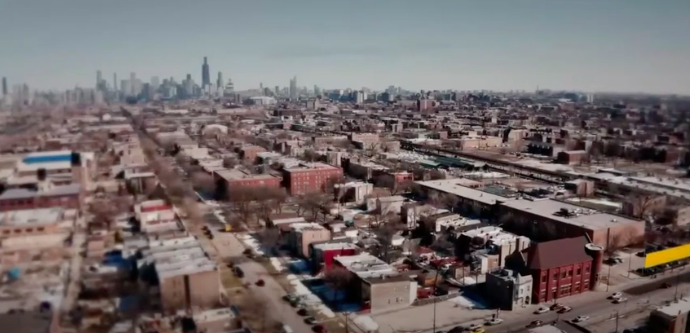It is no secret that across Chicago, the economic and social landscape can be vastly different neighborhood to neighborhood. But what isn’t as widely understood are the specific disproportionate realities — like housing insecurity and unemployment rates — and the very real consequences they can have in a community. For many youth in the city, that can manifest into violence.
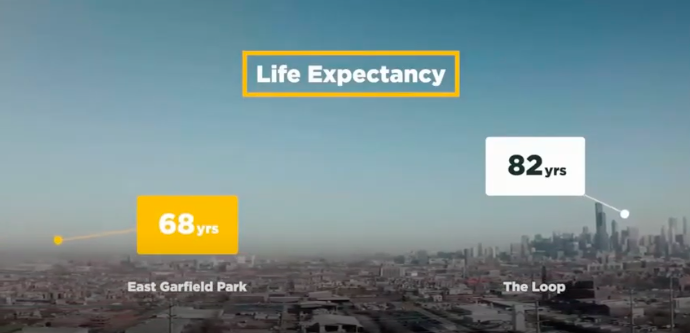
To speak on this complex topic and how it uniquely afflicts our city, Make It Better Media hosted a live fireside chat on Nov. 29 with Breakthrough — an organization dedicated to violence reduction through a comprehensive, holistic approach; they are also a 2022 Make It Better Foundation Philanthropy Award Winner.
The discussion was paneled by key members of the Breakthrough team: Yolanda Fields, Executive Director; Damien Morris, Senior Director of Violence Prevention; Lisa Gwin, Chief Program Officer of the Breakthrough Youth Network; and moderated by Sharon Krone, Executive Director, Make It Better Foundation
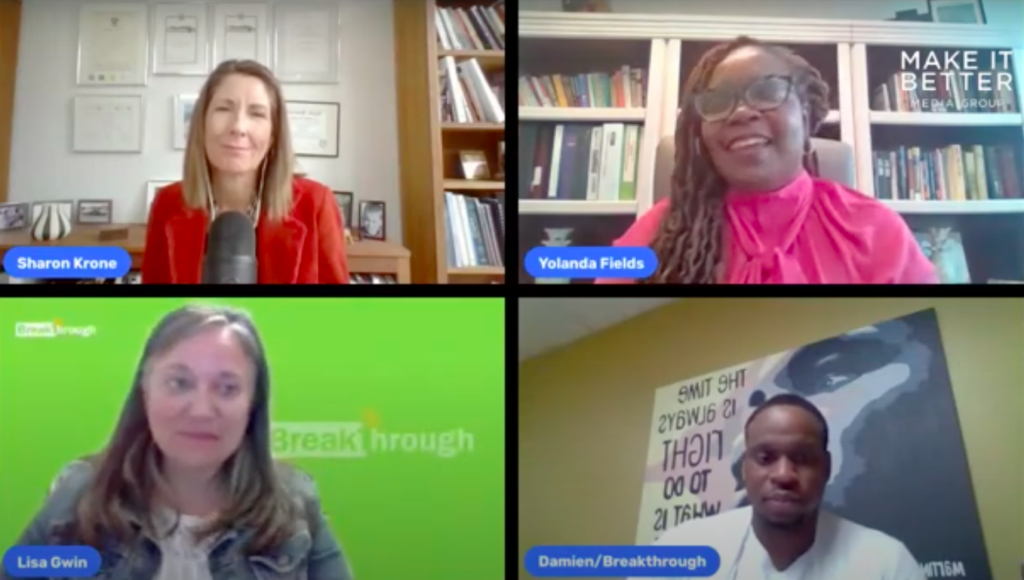
Who Needs To Be Engaged?
Breakthrough recognizes that the key to real violence reduction is “transformational” relationships where people, specifically youth and their families, “feel known and belonging is cultivated,” said Gwin at the top of the conversation. They accomplish this through their robust services and programs, such as after-school tutoring, sports programs and summer camps. But more than that, it’s an “invitation to an intentional community.”
The same goes for the individuals Breakthrough employs, who may be facing need or obstacles in their life, but are deeply connected to the community and seek to better it. This is an aspect of what Morris called the “hyper-local approach,” wherein they put their emphasis and improve upon the work already happening within the community — which for them is Garfield Park.
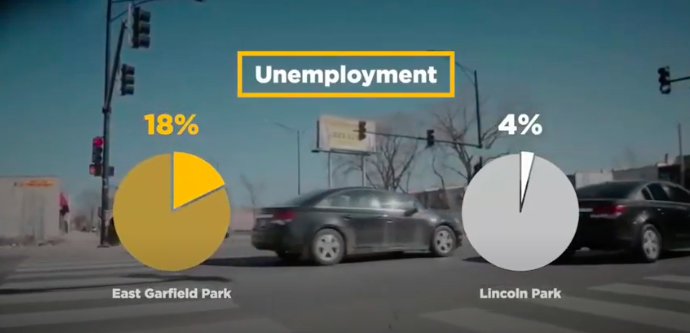
Morris also introduced Breakthrough’s four-pronged strategy for violence reduction:
- Street Outreach: Meeting people where they are, even in times of crisis
- Case Management: “Peacemakers” help keep individuals on their path
- Safe Spaces: Help folks feel safe and reclaim places that were once deemed otherwise
- Victim Services: Aftercare for individuals who experienced violence of any kind
Additionally, programs like Breakthrough Beyond — which helps with college and career opportunities for students — or the Violence Prevention initiative — which brings prevention, intervention and restoration to those adolescents and adults who need community — are ways to reach individuals who “require knowledge” on best practices and violence prevention strategies.
“This approach creates the best chance to interrupt the cycle of poverty and violence, and change the trajectory of the lives of the young people we support,” Fields said.
Those young people are only some of the 35,000 students who have been disengaged from school, according to Morris. “We’ve come to understand that if a youth has been disengaged from school, it’s not just that they didn’t want to go — there are some barriers, there are some obstacles,” he continued. “When youth return back home, that home is dysfunctional. They have food disparities. They have unaddressed trauma they are dealing with that they haven’t had the opportunity or resources to address.”
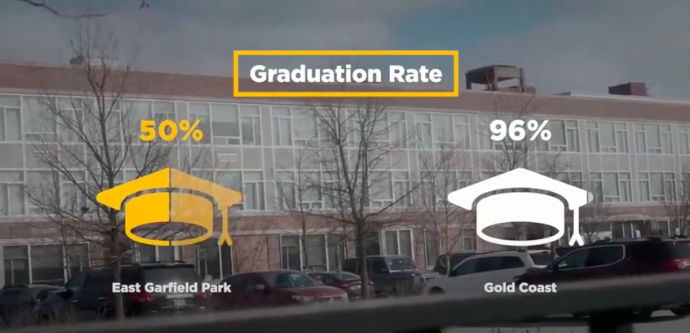
What Breakthrough Is Bringing To The Table
Breakthrough serves the Garfield Park neighborhood, which, as Fields mentioned, is a 130-year-old community full of “beautiful” parks, public spaces and institutions. Though it is not without its disparities relating to life expectancy, food access, income, housing, transportation, the list goes on — both for this neighborhood and Chicago at large.
And yet, Fields says that they are not overwhelmed by this vast need. Instead, they are committed to “relentless engagement and radical hospitality.” They continue to achieve this by partnering with their fellow Chicago- and Garfield Park-based organizations and people “who worked here long before Breakthrough ever stepped foot in this community,” Gwim added.
As Fields and Gwin mentioned, Breakthrough wants to be the expert across varied social service issues, leading them to listen and turn to community members. “You can’t truly understand a problem until you understand the lives of those impacted by the problem,” Fields said.
“When [people] are trying to survive, they are surviving by any means necessary. Violence takes on different looks and different meanings to people and so we want to meet them where they’re at and identify the barriers that they are faced with,” Morris concluded.
For more information on Breakthrough’s life-altering work, the wealth of programs they offer and to find a way to support them, visit Breakthrough.
Watch the virtual event here:
More from Better:
- 31 of The Best Things To Do in Chicago and the North Shore This December
- Give Time, Things, Support: As Winter Approaches, Support These Organizations Keeping Our Neighbors Warm
- Download Better’s 2022 Resource List for Helping the Homeless in Chicago
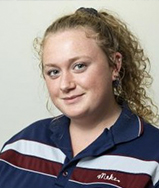
Margaret Smith is a Chicago-based writer and editor with a passion for socio-political storytelling about their community. They are a graduate of Columbia College Chicago.
